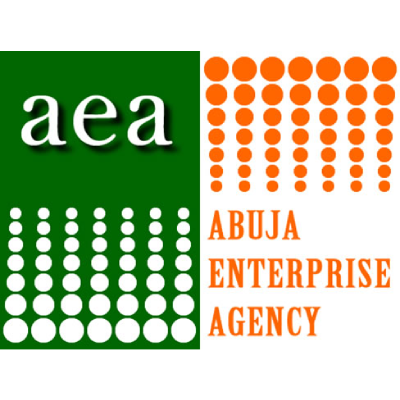Abuja Enterprise Agency (AEA) has said millions of Small and Medium Enterprises (SMEs) in Nigeria have not been able to make a positive impact in the business sector because they do not meet the regulatory standard from the Standard Organisation of Nigeria (SON).
Acting managing director/chief executive of AEA, Shehu Abdulkadir made the assertion at the 9th edition of Business 360, with the theme: Product Acceptability; Bridging the Gap for the Local and Global Marketplace, organised by Abuja Enterprise Agency (AEA).
He said that was the reason the agency decided to organise the Business 360 programme to create a platform where regulatory agencies and experts from the private and public sectors meet with SMEs, educate and enlighten them on the best practice and standards for them to make them relevant to the business sector.
“It may interest you to know that we have over 41 million SMEs, but very few of them have their products and services out there because they do not meet standards.”
“They do not meet the regulatory standard, the SON standard and even getting their export license to export goods and services. So, we need to educate ourselves on the best practice in the industry, so that we will get it right,” he said.
The director-general/chief executive of Standards Organisation of Nigeria Farouk Salim said the agency would do everything within its capacity in standardization and quality assurance activities to provide the necessary support and guidance for the quality of local manufacturing, imports and exports businesses in Nigeria, using standards.
Salim who was represented by Umar Yakubu, SON FCT state coordinator, said that the local import and export manufacturing importance and roles in national economic development cannot be overemphasized, as it is the pillar upon which the Nigerian economy lies, that SON as the nations’ apex Bureau of Standards and Nigerians in general, are proud of Nigerian manufacturers.
“The theme of this 9th edition of Business 360 event which is “Product Acceptability: Bridging the Gap for the Local and Global Marketplace” is indeed timely, as the nation is trying to diversify and better its economy, and from our perspective, only standards and compliance to the standards through certification, can bridge the gap for access to local and international marketplace,” he said.











